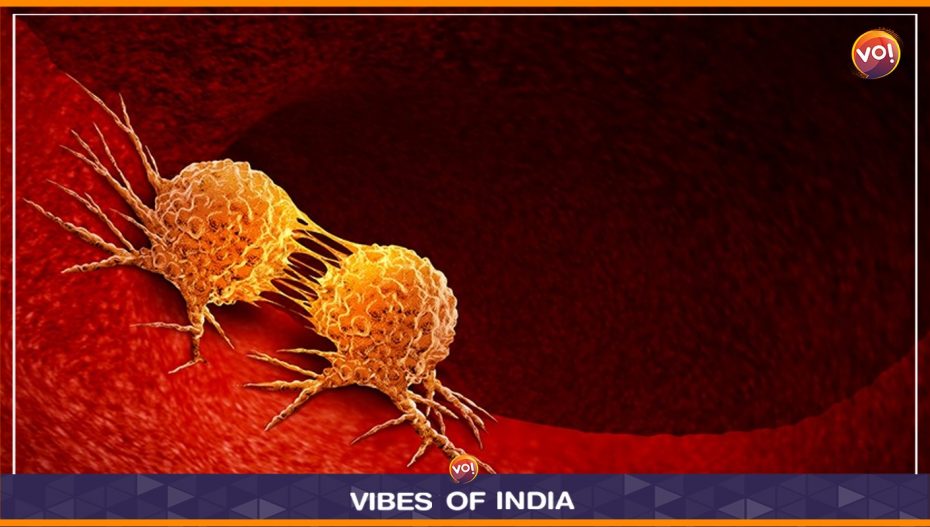Mushrooms growing in India’s largest district Kutch can potentially provide the key chemical element for an emerging radiation therapy given to cancer patients. Scientists at Gujarat Institute of Desert Ecology (GUIDE) and Kutch University have successfully extracted astatine, the rarest naturally occurring element on the earth, from edible mushrooms.
Astatine, which is not just rare but also has an extremely short life, is said to cause minimal side effects that come with chemotherapy. Scientists say availability of astatine on earth is just a few grams as this radioactive element decays within hours.
Cobalt radiation is used in chemotherapy for cancer treatment. But cobalt remains inside the body for a longer time and damages cancer cells as well as the healthy ones, which results in side effects. Astatine only targets cancer cells and gets deactivated after some time, thus causing minimal damage to the body.
The common side effects of chemotherapy are hair loss, weakness, nausea and vomiting, blood clots, memory loss and others. As cobalt remains in the body for a long time, the gap between two chemotherapy sessions is also more.
GUIDE has successfully cultivated edible as well as medical mushrooms in recent times. The scientists gave some edible mushrooms for laboratory evaluation to the chemistry department of Kutch university which has highly sophisticated high-end equipment.
Also Read: Guj Govt Mulls Reducing Stamp Fee













